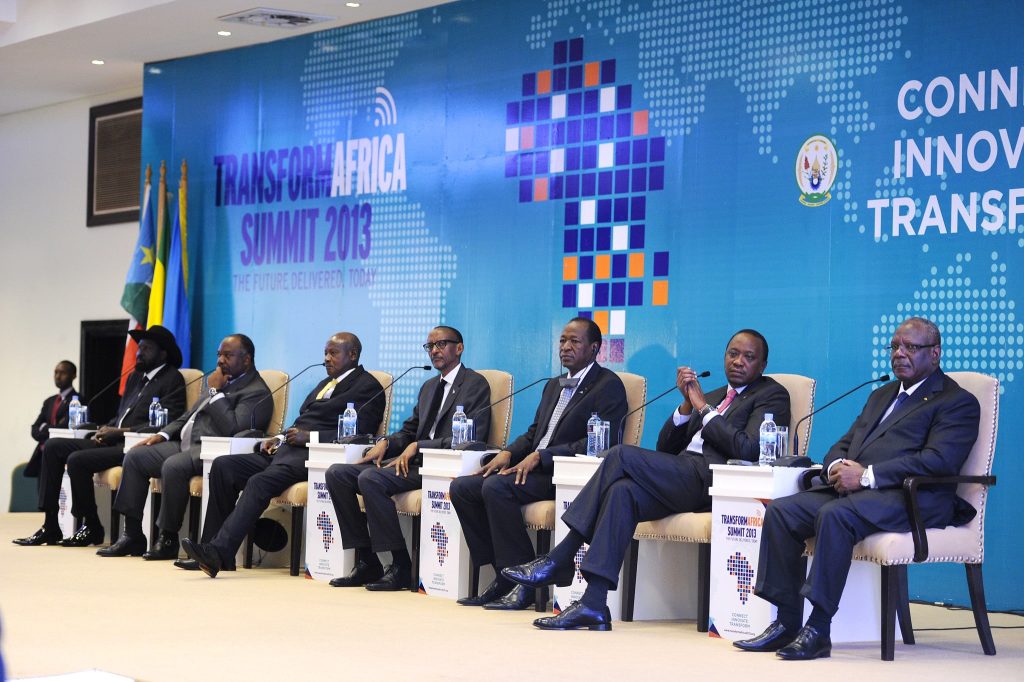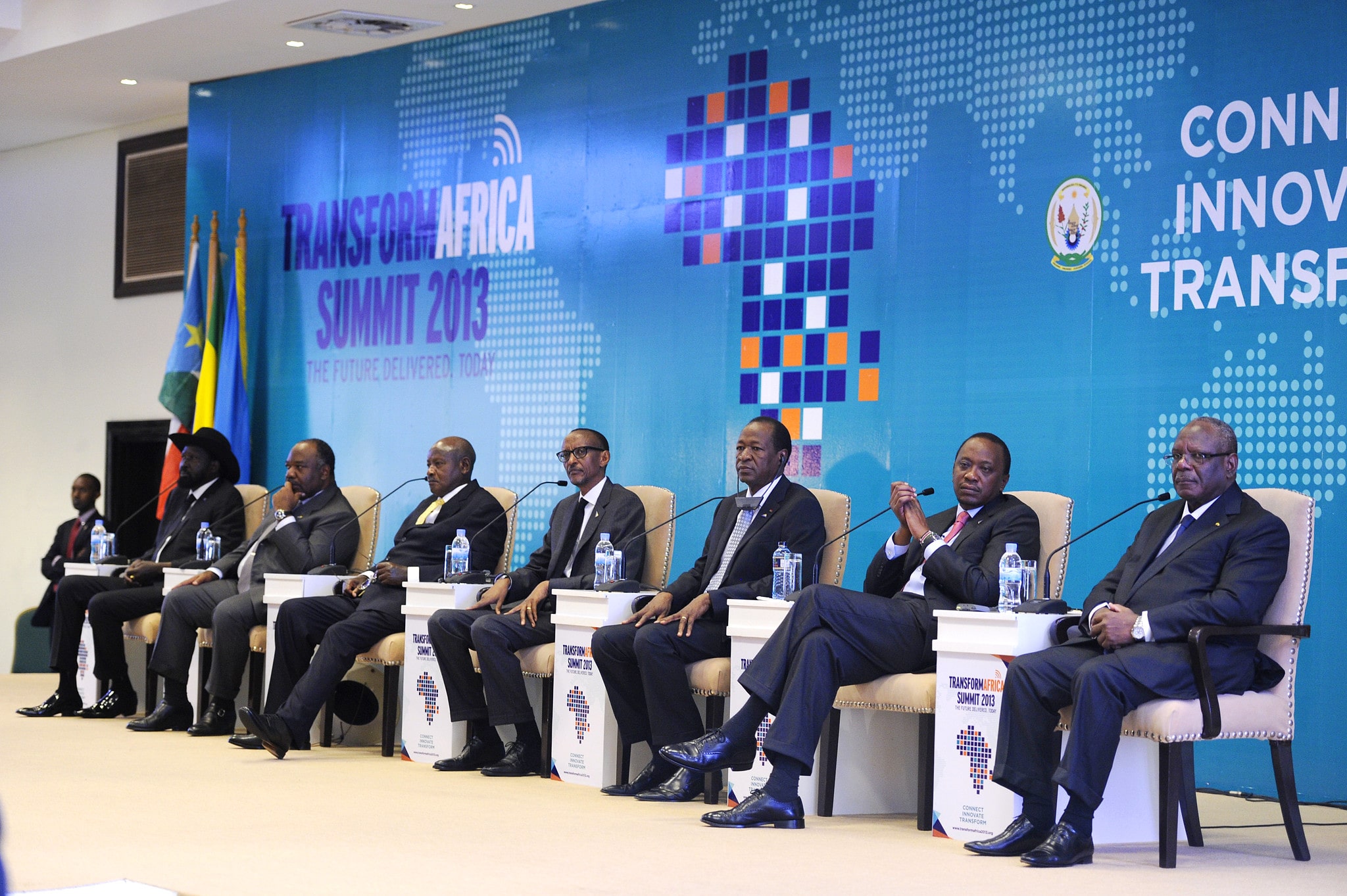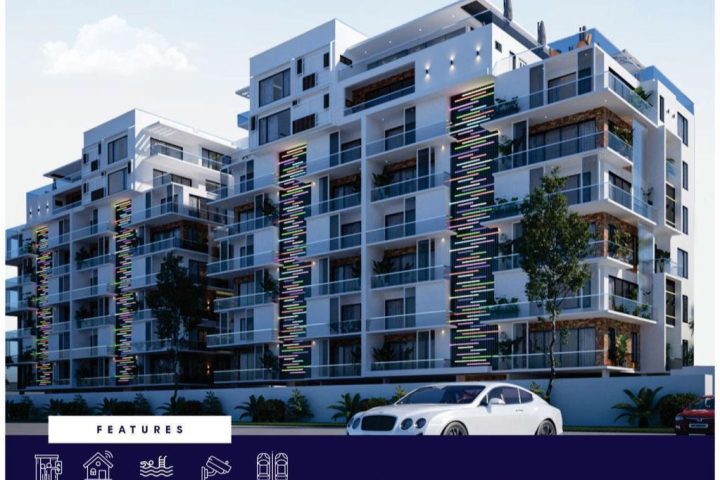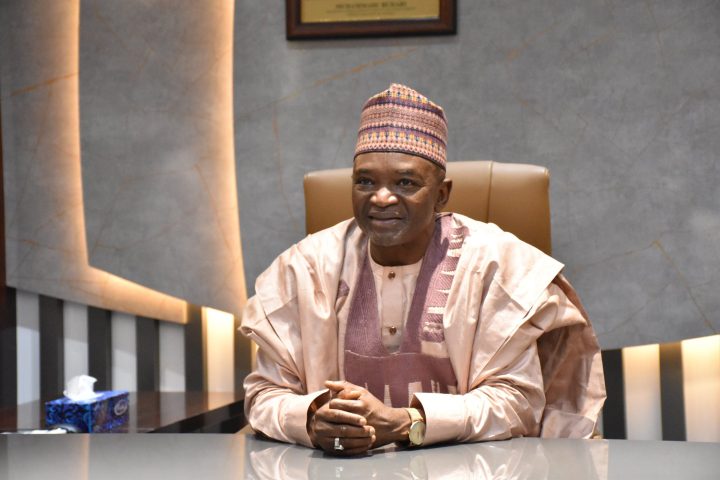By Grace Chigbu
Nigeria, the largest economy in Africa, has joined the ranks of the Smart Africa Alliance, marking a significant step forward in the country’s digitalization efforts. The proactive initiatives undertaken by Nigeria’s drivers of digitalization have been widely applauded for their commitment to maximizing the country’s gains from Information and Communication Technology (ICT).
Nigeria has made substantial progress in bridging the digital divide within its borders and now plans to extend its services to other African countries. The establishment of state-of-the-art Data Center’s operated by Galaxy Backbone Limited (GBB), the nation’s ICT operator and service provider, has further bolstered Nigeria’s digital capacity.
With a staggering 2.2PB storage capacity and 41TB memory, the Data Center’s possess cutting-edge infrastructure, including a robust fiber network that spans over 5,000km, connecting nearly 30 states, including the Federal Capital Territory (FCT). This infrastructure places GBB in an ideal position to enhance broadband penetration across Nigeria and beyond.
The importance of digital infrastructure cannot be overstated, as it has emerged as the world’s most valuable asset. Recognizing this, Nigeria has finally taken its seat in the Smart Africa Alliance, a coalition of 37 African countries representing over 1 billion people. Michael Smith, an international ICT expert, commends this development, stating that Nigeria’s inclusion in the Alliance was long overdue despite being a leading member of the African Union (AU). The efforts of the Board of Smart Africa to bring Nigeria on board have finally paid off, opening doors to extensive collaboration and knowledge sharing.
The breakthrough in Nigeria’s membership came in 2019 with the appointment of Prof. Isa Ali Ibrahim (Pantami) as Minister of Communications and Digital Economy. Since then, Prof. Pantami has spearheaded engagements with various stakeholders in the digital economy ecosystem. In September 2022, he secured President Muhammadu Buhari’s approval to formalize Nigeria’s entry into the Smart Africa Alliance. GBB was designated as Nigeria’s Coordinator and Focal Point, taking the lead in facilitating Nigeria’s participation in the Alliance.
To drive Nigeria’s engagement with the Alliance, a 12-member Nigeria Smart Africa Alliance Working Group (NgSAAwg) was inaugurated on April 20th, 2023. Dr. Nasir Aliyu Shinkafi, Chief Information Security and Business Continuity Officer with Galaxy Backbone, was appointed as the group’s chairperson.
The working group includes representatives from key government bodies such as the Federal Ministry of Communications and Digital Economy, the Ministry of Foreign Affairs, the Central Bank of Nigeria, as well as multiple representatives from Galaxy Backbone Limited, the National Information Technology Development Agency, the Nigerian Communications Commission, the Nigerian Identity Management Commission, the Nigeria Communication Satellite Company Limited, the Nigeria Postal Service, and the Nigerian Data Protection Bureau.
The Smart Africa Alliance originated from the Transform Africa Summit held in Kigali, Rwanda, in October 2013. The summit led to the adoption of the Smart Africa Manifesto by seven African Heads of States, committing to accelerate socio-economic development through ICTs. In January 2014, the Manifesto received endorsement from all 53 Heads of State and Government of the African Union, making it a central component of the ICT agenda for Africa.
The Alliance serves as a framework for implementing, monitoring, and evaluating the Smart Africa Manifesto. It is a partnership that brings together African countries adhering to the Manifesto, with representation from the African Union, the International Telecommunication Union, the World Bank, the African Development Bank, the Economic Commission for Africa, the GSMA, ICANN, and the Private Sector.
Dr. Shinkafi emphasizes the significance of Nigeria’s membership in the Alliance, stating that Nigeria’s remarkable achievements in the digital economy sector make it a role model for other African countries. Several member states have expressed interest in collaboration with Nigeria on various aspects, including developmental policies and regulations, infrastructure, digital literacy, skills development, knowledge transfer, and capacity building.
Membership in the Alliance presents ample opportunities for Nigeria’s start-up and digital economy ecosystem. Dr. Shinkafi highlights the potential influx of funding partners, foreign investors, and angel investors to support start-ups and digital infrastructure development initiatives. The Alliance will also aid in the development of start-up policies and guidelines for member countries, further boosting Nigeria’s infrastructure and start-up ecosystem.
As the ICT Operator of the Government, Galaxy Backbone Limited is well-positioned to serve as Nigeria’s focal point in the Alliance. GBB has played a pivotal role in operationalizing the National Digital Economy Policy and Strategy (NDEPS) 2020-2030, under the supervision of the Federal Ministry of Communications and Digital Economy.
Nigeria is expected to conceive and launch a flagship project that aligns with the goals of the Alliance. This project will be inclusive and intelligent, delivering numerous benefits to Nigerians and the broader African population. One potential project is the creation of a one-stop shop initiative that integrates various flagship projects, propelling Africa toward a Single Digital Market.
The Africa Alliance remains open to admitting other organizations and countries that share its vision, interests, and goals. This collaborative effort to accelerate sustainable socio-economic development and foster a knowledge economy in Africa is set to revolutionize the continent’s digital landscape. With Nigeria now on board, the Alliance has even greater potential to drive digital inclusion, adoption, and acceleration, transforming Africa’s digital future.






